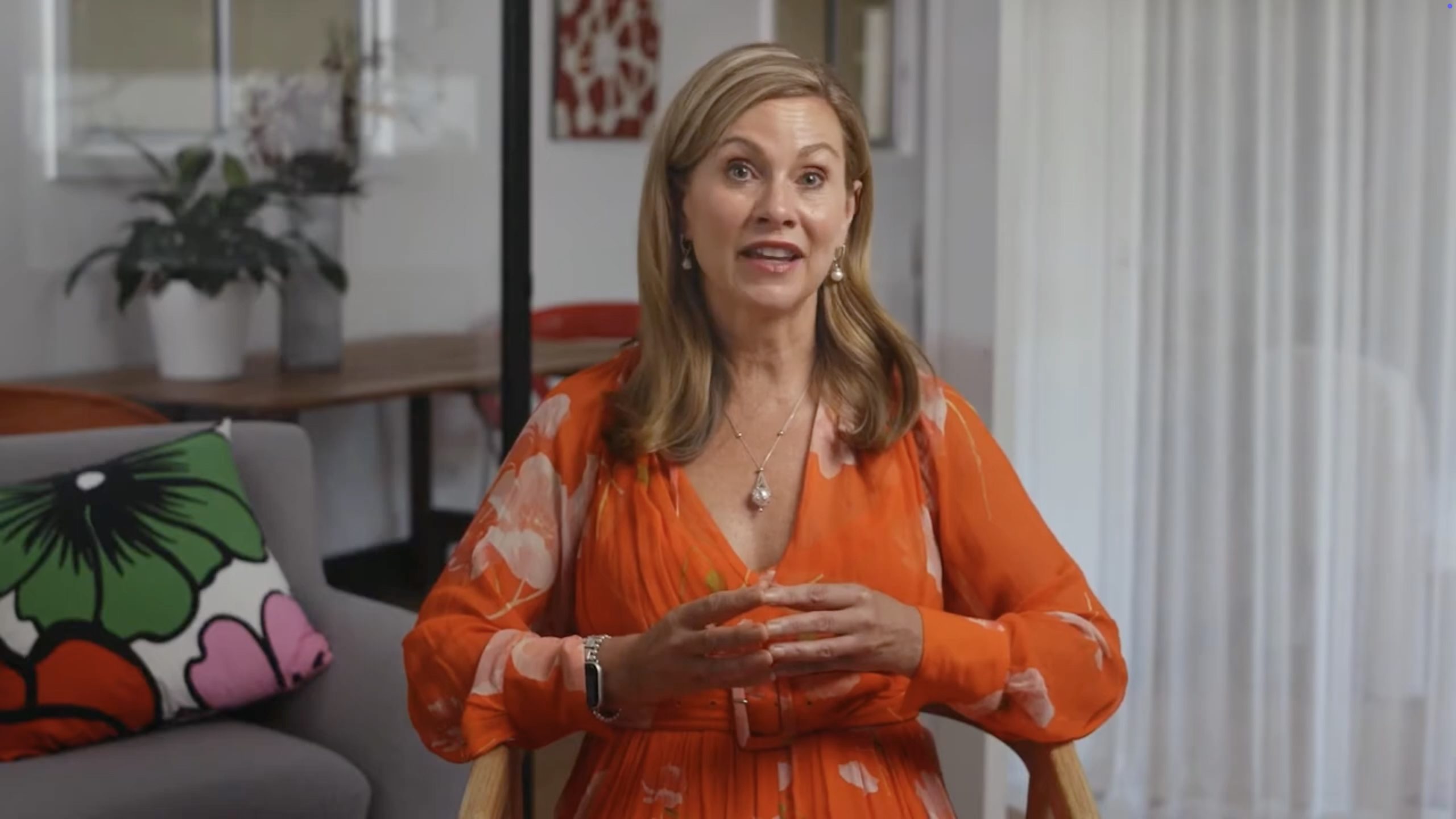Australia’s pro-censorship eSafety Commissioner Julie Inman Grant tried to head off a Senate inquiry into her own powers by sending a pointed five-page letter to shadow communications minister Melissa McIntosh, a document that has only just become public through freedom of information laws.
The letter, dated August 29, 2025, and originally obtained by Sky News, was also sent to Opposition Leader Sussan Ley and shadow treasurer Ted O’Brien.
We obtained a copy of the letter for you here.
In it, the commissioner sought to shape the Coalition’s position on her role and defend her agency against claims of excessive control over online speech.
For several years, Inman-Grant has been accused of exercising broad authority over what Australians can see and do on the internet. Although she narrowly avoided a formal Senate probe earlier this year, pressure for an independent investigation has continued.
Her letter referenced two Coalition press statements from late July, “Has the eSafety Commissioner Gone Too Far?” and “Albanese Government’s YouTube U-turn.”
In response, she wrote that she had “tried to address the majority of the concerns in your press releases” and offered a “full briefing” to McIntosh and her staff.
She defended the unelected nature of her position, saying, “Like other statutory positions… the position of eSafety Commissioner (appropriately) is not an elected one.” She claimed accountability mechanisms were already in place, noting that her decisions can be reviewed by the Administrative Review Tribunal, the Federal Court, and the Commonwealth Ombudsman.
Inman-Grant also reminded the opposition that earlier Coalition governments had supported the creation of her office, pointing to the Online Safety Act 2021 as the foundation of her authority.
A key section of her letter attempted to calm concern over the Search Engine Services (SES) Code, which would require users signed into search platforms to confirm their age, drastically eroding online privacy.
While she said logged-out users could still search freely, the code leaves open the possibility of age verification through facial scans or ID uploads.
A major proponent of censorship and online speech laws, controversy has long followed the commissioner. Published 2022 emails linked her to efforts to “sideline” US president Donald Trump, and her office was ordered to pay $66,000 to X and Canadian activist Chris Elston after a failed censorship attempt.










